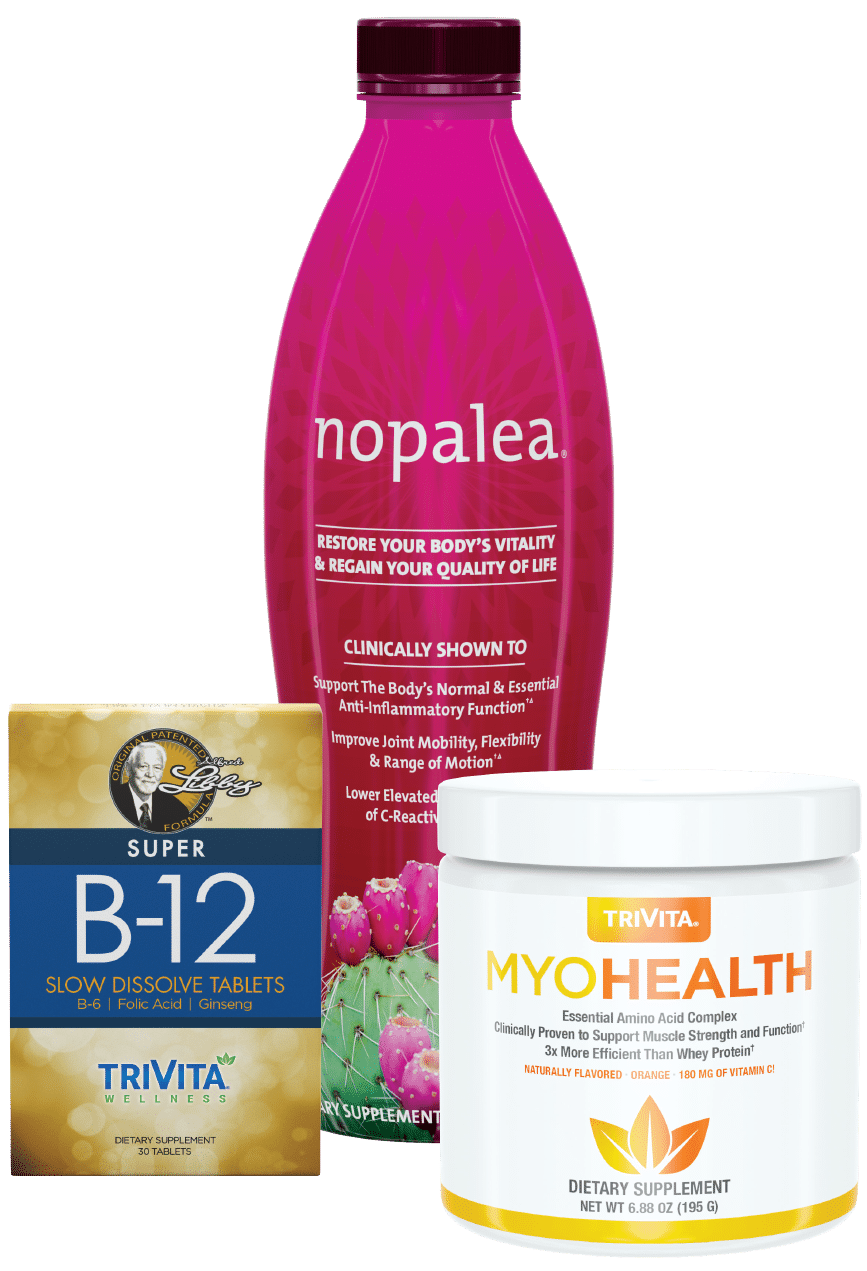Prescribed to lower disease risk
Omega-3s are now prescribed by physicians to help lower the risk of heart disease. In fact, the American Heart Association and other medical authorities in the U.S. and around the world also recommend a diet rich in omega-3s and taking a supplement in varying doses, depending on your health status and medical conditions. Omega-3s have been studied for many other medical conditions, including rheumatoid arthritis, diabetes and abnormal heart rhythms. Science confirms that there is indeed a positive impact on these conditions when taking anywhere from 2,000–4,000 milligrams of omega-3s daily. Omega-3s are now incorporated into infant formulas as a way of enhancing brain development. After all, the brain is 60% fat—what better way to nourish a growing child’s brain than by giving that child a healthy form of fat? You can get your omega-3 supply from fatty fish—typically salmon, tuna, halibut, sea bass and some predatory fish like king mackerel, swordfish and others. Be careful not to overeat the large, predatory fatty fish as they also contain more potentially harmful heavy metals such as mercury. Some plant foods contain the precursor to omega-3s, known as Alpha Linolenic Acid (ALA). ALA is found in walnuts, tofu and many seeds. For good health, eat a healthy and balanced diet, and get your daily dose of omega-3 fatty acids. This article is intended for educational purposes only. Graphic used with permission from GOED, the Global Organization for EPA and DHA Omega-3s.
Graphic used with permission from GOED, the Global Organization for EPA and DHA Omega-3s.
References: Omega-3 fatty acids, fish oil, alpha-linolenic evidence. Mayo Clinic. Retrieved from http://www.mayoclinic.org/drugs-supplements/omega-3-fatty-acids-fish-oil-alpha-linolenic-acid/evidence/hrb-20059372. Kris-Etherton PM, Harris WS, Apple LJ. American Heart Association Nutrition Committee. Fish Consumption, fish oil, omega-3 fatty acids, and cardiovascular disease. 2002. Circulation. 106:2747-2757. National Institutes of Health. National Heart, Lung, and Blood Institute. Third Report of the National Cholesterol Education Program Expert panel on Detection, Evaluation, and Treatment of High Blood Cholesterol in Adults (Adult Treatment Panel III). 2001. NIH Publication Number 01-3670. Washington, DC. [online] Retrieved from http://www.nhlbi.nih.gov/guidelines/cholesterol/atp3full.pdf. Vannice G and Rasmussen H (2014). Position of the academy of nutrition and dietetics: dietary Fatty acids for healthy adults. J Acad Nutr Diet 2014. 114:136-153. [online] Retrieved from http://download.journals.elsevierhealth.com/pdfs/journals/2212-2672/PIIS2212267213016729.pdf.










